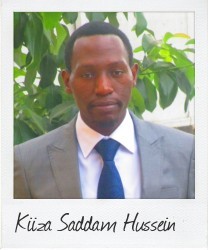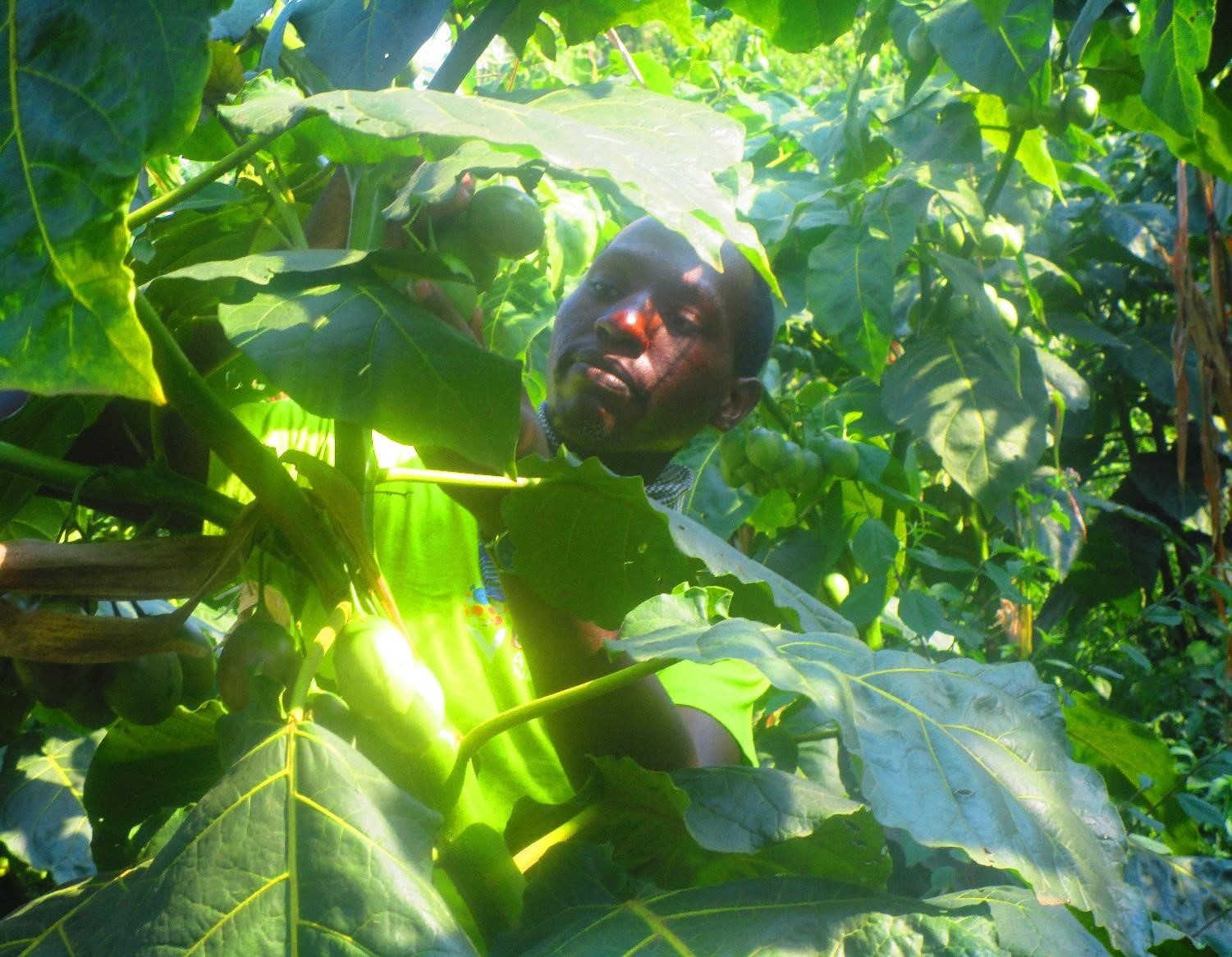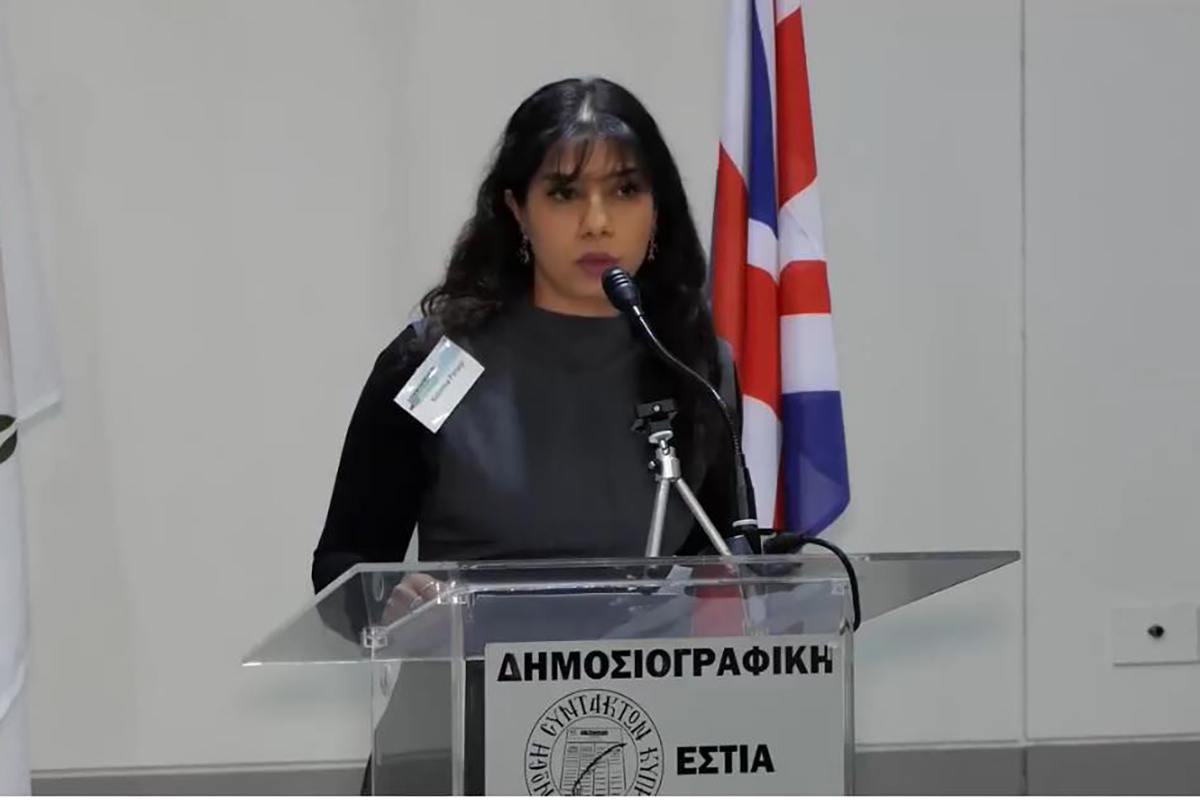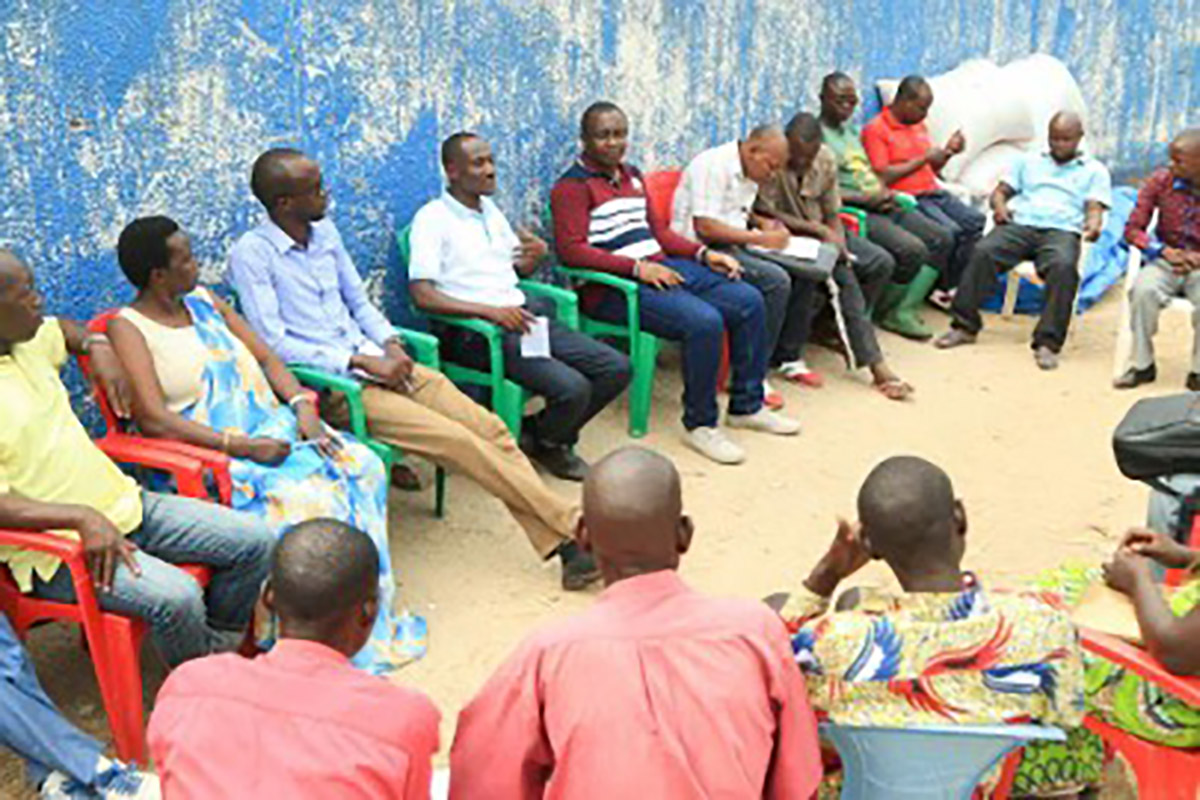Exposed to life-changing initiatives at 9CYMM
September 18th, 2017 The 9th Commonwealth Youth Ministers Meeting recently held in Uganda has been considered a success by many youth participants, writes Kiiza Saddam Hussein, a Correspondent from Uganda who spoke with participants at the close of the meetings.
The 9th Commonwealth Youth Ministers Meeting recently held in Uganda has been considered a success by many youth participants, writes Kiiza Saddam Hussein, a Correspondent from Uganda who spoke with participants at the close of the meetings.
During the meetings, a number of youth-led ventures and projects were shared. To those youths who had never thought of self-employment business or projects, it was a wake-up call, as many of them made resolutions that, if implemented, would drastically change their lives.
For an example, Uganda is a country that seats on 241,038 square kilometres of what is undoubtedly considered to be fertile country in terms of soils and favourable weather. Yet many youth have not taken advantage of this natural richness by engaging in agriculture. Agriculture is considered the backbone of many African countries, but youth continue to overlook its value in preference for white collar jobs that are as scarce as gold. Notwithstanding the limited number of youth involved agriculture, some young people have taken the initiative of embracing agriculture by growing fruits, coffee for exportation and other agricultural crops. This choice has turned some of them into young millionaires.
After some outstanding young people shared their experience in business startups and management at the CYMM Youth Leaders Forum, many were inspired to follow suit and start up something of their own by following their passion. For an example, a young lady called Sandra Letio from Uganda started a small business with USD15. She made detergents and later the business grew into a big company that employs over 20 youth workers and generates more profits that have seen her introduce ten more products on the market. Currently her business is valued at USD700,000 and continues to expand. Her story was a great inspiration and motivation to youth participants whose mindset was changed to being proactive in business and project development.
Youth Livelihood is another captivating role model programme that changed the youth mindset. Successful stories about Youth Livelihood projects were shared by Mr. Pius Bigirimana, who serves as Permanent Secretary for the Ministry of Gender, Labour and Social Development. Youth Livelihood is one of the priority programme initiatives of the Government of Uganda, supported by UK-Aid, that supports and invests in young people without prior business experience as they undertake vocational skills for self-employment and start income generating enterprises. Under this programme many youth projects – such as coffee nursery and planting, dairy, Boda Boda start ups, food producers and marketing, poultry and piggery operations – have had a landmark positive impact on the lives of young people and the community at large.
The Prime Minister’s office in Uganda has statistics on the Youth Livelihood Programme: 51 per cent of the youth projects were rated successful and the rest were alive but struggling to pick up, 34 per cent reported increased earnings for participants, 43 per cent started making savings in their groups accounts, 93 per cent had plans to sustain their enterprises and 30 per cent of the youth groups visited reported that the programme had generally uplifted their social status. Considering this achievement, Commonwealth Secretary General Rt. Hon Patricia Scotland, QC, commended Uganda for coming up with a role model programme that empowers young people and recommended other countries to learn from this programme.
At the close of the meeting, the youth ministers recommended that national development plans and policies of government should include clearly defined and appropriate commitments for investment in youth, and that more consideration be given to increasing governments’ investment in young people’s needs, including increasing budgetary and non-budgetary allocations to youth ministries and exploring innovative financing. Ministers also committed themselves to ongoing and new programmes, exploring new mechanisms of resourcing youth development, and the creation of an innovation hub within the Commonwealth Secretariat, which will lead to the empowerment of young people in their countries.
Considering this commitment and goodwill exhibited at the 9th CYMM, we can state that the meeting was a success for young people in Commonwealth countries and beyond. If the recommendations are adopted and commitments executed, we shall see realisation of the both United Nations and African Union Sustainable Development Goals, which in turn will lead to demographic dividends.
Reach me on Twitter@saddamhusseink
Photo credit: Kiiza Saddam Hussein harvesting fruits in his garden. Courtesy of Kiiza Saddam Hussein






